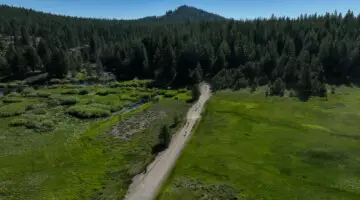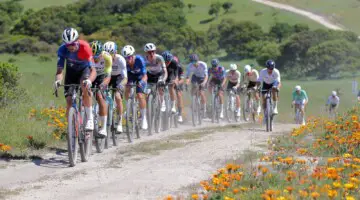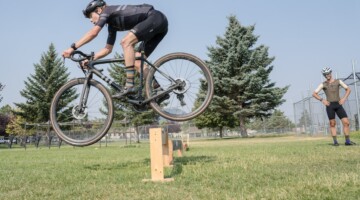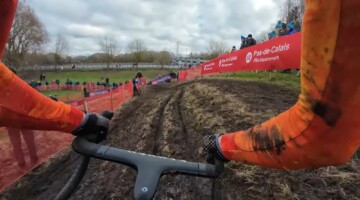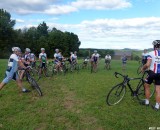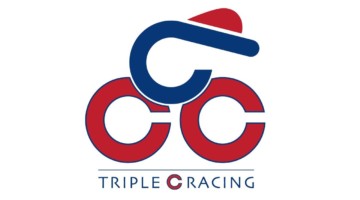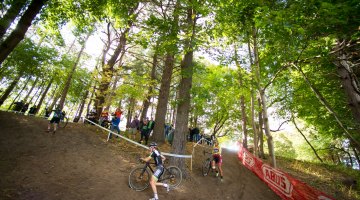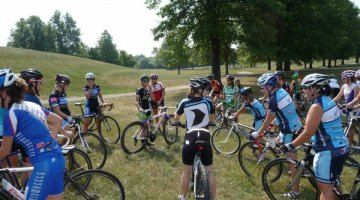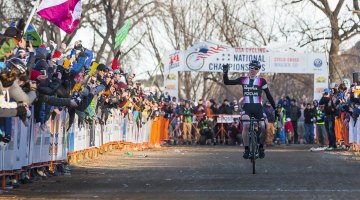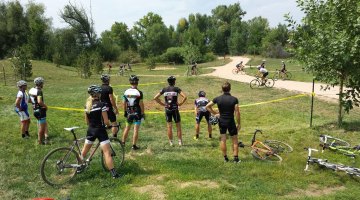by Jacob Fetty
By now it is commonly accepted that ’cross is a game of skills as much as it is a game of fitness. Camps and clinics are great ways to expand your skills capacity, and this concept, like ’cross, is getting to be more mainstream. What was once a niche experience is now gaining popularity as people are attending camps to increase their collective capacities. They then return to their neck of the woods showcasing their new skill sets. Want to stay competitive? Spend some time this summer brushing up on your skills. You can read up on proper training and technique in our Training section and practice at home, riding your ’cross bike in the woods, creating a practice course, or, if time and money allow, you can head to a training camp to get help from experts.
How do you find the right camp to meet your needs? Here are five points to consider when shopping for the ideal camp outlet for you.
Location
This is nearly a no-brainer. Find a camp that is relatively close to you or in an area that you want to travel. Don’t break the bank getting to a camp, save those funds for getting to races. If you want to do a camp far away, try to include it in a family vacation, or if you’re traveling solo on a budget, consider asking the promoter if there’s any local host housing.
Timing
Don’t wait until ’cross season is getting ready to start. Find a camp that fits into your training while still giving you ample time to employ new skills while doing base and prepping for season. Look at your training plan and see where a camp best fits.
History
Find a camp that has a tradition of assisting those attending in increasing their ability. If possible, gravitate towards camps run professionally by professionals and shying away from the clinic put on by the local fast guy. Fast riders can still have bad habits and a proper ’cross camp is geared towards perfecting techniques. It is important to find a scenario that focuses on doing the skills correctly first, then doing them at speed. Spend some time researching camps and what each offers. When applicable, view testimonials or chat with former campers about their experience at specific camps.
[Ed. Note: Fetty is a coach with Cycle-Smart, and they run an annual clinic in Western Massachusetts. The camp is always well-attended, and last year featured not just Adam Myerson, but his coaches including Fetty, and guest coach Gabby Day.]
Variety
A proper camp should focus on a variety of skills and techniques taught. At the same time, the rider-coach ratio should lend itself to ample opportunities for feedback and one-on-one evaluation. Find a camp where there is a staff engaged in meeting your needs and invested in aiding in your improvement. This usually means one main teacher and several coaches.
Fun
Camp should be challenging but it should also be fun. You don’t want to spend the whole weekend entirely out of your comfort zone. While it is critical to be pushed our of your comfort zone periodically, you also need an environment where you are enjoying the challenge. Coaches and campers create this environment. Cruise around your social (media) circle and see what camps other people are attending and get an idea of how much fun they are having (while still learning skills). A photo is worth a thousand words, right?
Coming soon: can’t make it to a camp? We’ll look at ways to emulate the concept of a training camp in your own backyard. Plus, find out what other readers have learned from training camps!


